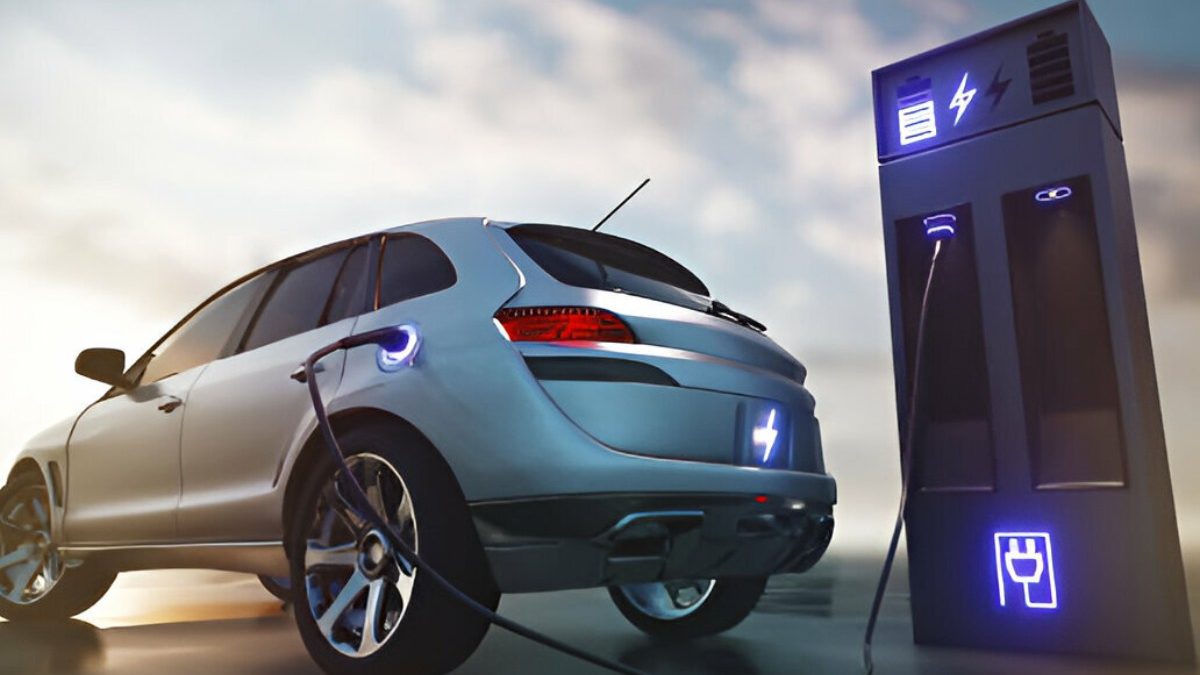What’s the Best Choice: Electric vs. Hybrid Vehicles for the Future? – In the age of environmental awareness and technological advancement, the automotive industry is undergoing a profound transformation. With concerns about climate change escalating and fossil fuel reserves depleting, the spotlight is on alternative energy sources for vehicles. Electric and hybrid vehicles have emerged as leading contenders in this landscape, offering cleaner and more sustainable transportation options. But which is the better choice for the future: electric or hybrid? Let’s delve into the intricacies of both to find out.
Table of Contents
Understanding Electric Vehicles
Electric vehicles (EVs) run solely on electric power stored in rechargeable batteries. These batteries power an electric motor, eliminating the need for traditional internal combustion engines and the associated emissions. EVs have gained popularity for their zero tailpipe emissions, lower operating costs, and smooth, quiet driving experience.
Advantages of Electric Vehicles
- Zero Emissions: Perhaps the most significant advantage of EVs is their contribution to reducing greenhouse gas emissions and air pollution. By relying on electricity rather than gasoline or diesel, EVs offer a cleaner alternative for urban mobility.
- Lower Operating Costs: Electric vehicles have fewer moving parts and don’t require oil changes or regular maintenance associated with combustion engines. Additionally, electricity is often cheaper than gasoline, leading to lower fuel costs over time.
- Government Incentives: Many governments offer incentives, such as tax credits and rebates, to encourage the adoption of electric vehicles. These incentives can significantly reduce the upfront cost of purchasing an EV, making them more accessible to consumers.
Challenges Facing Electric Vehicles
- Limited Range: Despite advancements in battery technology, range anxiety remains a concern for many potential EV buyers. While newer models boast impressive ranges, long-distance travel may still require careful planning and access to charging infrastructure.
- Charging Infrastructure: The widespread adoption of electric vehicles hinges on the availability of charging infrastructure. While charging stations are becoming more prevalent, especially in urban areas, gaps in coverage still exist, particularly in rural regions.
- Battery Recycling: Disposal and recycling of EV batteries present environmental challenges. Developing sustainable battery recycling processes is essential to mitigate the environmental impact of electric vehicles.
Exploring Hybrid Vehicles
Hybrid vehicles combine an internal combustion engine with an electric motor and battery pack. There are different types of hybrid configurations, including parallel hybrids, series hybrids, and plug-in hybrids, each offering varying levels of electric propulsion and fuel efficiency.
Advantages of Hybrid Vehicles
- Increased Efficiency: Hybrid vehicles utilize regenerative braking and electric power assist to improve fuel efficiency. By seamlessly switching between the electric motor and gasoline engine, hybrids achieve higher miles per gallon (MPG) than conventional vehicles.
- Extended Range: Unlike purely electric vehicles, hybrids are not limited by range and can rely on their internal combustion engine for long-distance travel. This flexibility addresses range anxiety concerns and makes hybrids suitable for a wider range of driving scenarios.
- Transition Technology: Hybrids serve as a transitional technology between traditional internal combustion engines and fully electric vehicles. They offer consumers a familiar driving experience while gradually introducing electric propulsion and reducing dependence on fossil fuels.
Challenges Facing Hybrid Vehicles
- Limited Electric Range: While hybrids offer improved fuel efficiency compared to traditional vehicles, their electric-only range is typically limited. Plug-in hybrids address this limitation to some extent but may still rely heavily on the gasoline engine for longer trips.
- Complexity and Maintenance: Hybrid vehicles are more complex than their traditional counterparts, with additional components such as electric motors, batteries, and power control units. This complexity can lead to higher maintenance costs and potential reliability issues over time.
- Environmental Impact: While hybrids are more fuel-efficient than conventional vehicles, they still rely on gasoline and produce emissions during operation. The environmental benefits of hybrids are therefore less significant compared to fully electric vehicles.
The Future of Transportation
As we look ahead to the future of transportation, both electric and hybrid vehicles have important roles to play in reducing carbon emissions and transitioning to sustainable mobility solutions. The optimal choice depends on individual preferences, driving habits, and infrastructure availability.
The introduction of the new Tesla Model exemplifies the ongoing innovation in the electric vehicle sector. With features such as extended range, rapid charging capabilities, and advanced autonomous driving technology, the new Tesla Model sets a high standard for electric vehicles and underscores their potential to revolutionize the automotive industry.
Conclusion
While electric vehicles offer zero-emission driving and lower operating costs, hybrids provide a familiar driving experience with the added benefit of improved fuel efficiency. Ultimately, the best choice between electric and hybrid vehicles depends on your priorities and the infrastructure available in your area. As technology continues to evolve and charging infrastructure expands, electric vehicles are poised to become increasingly accessible and practical for everyday use, paving the way towards a greener and more sustainable future.

